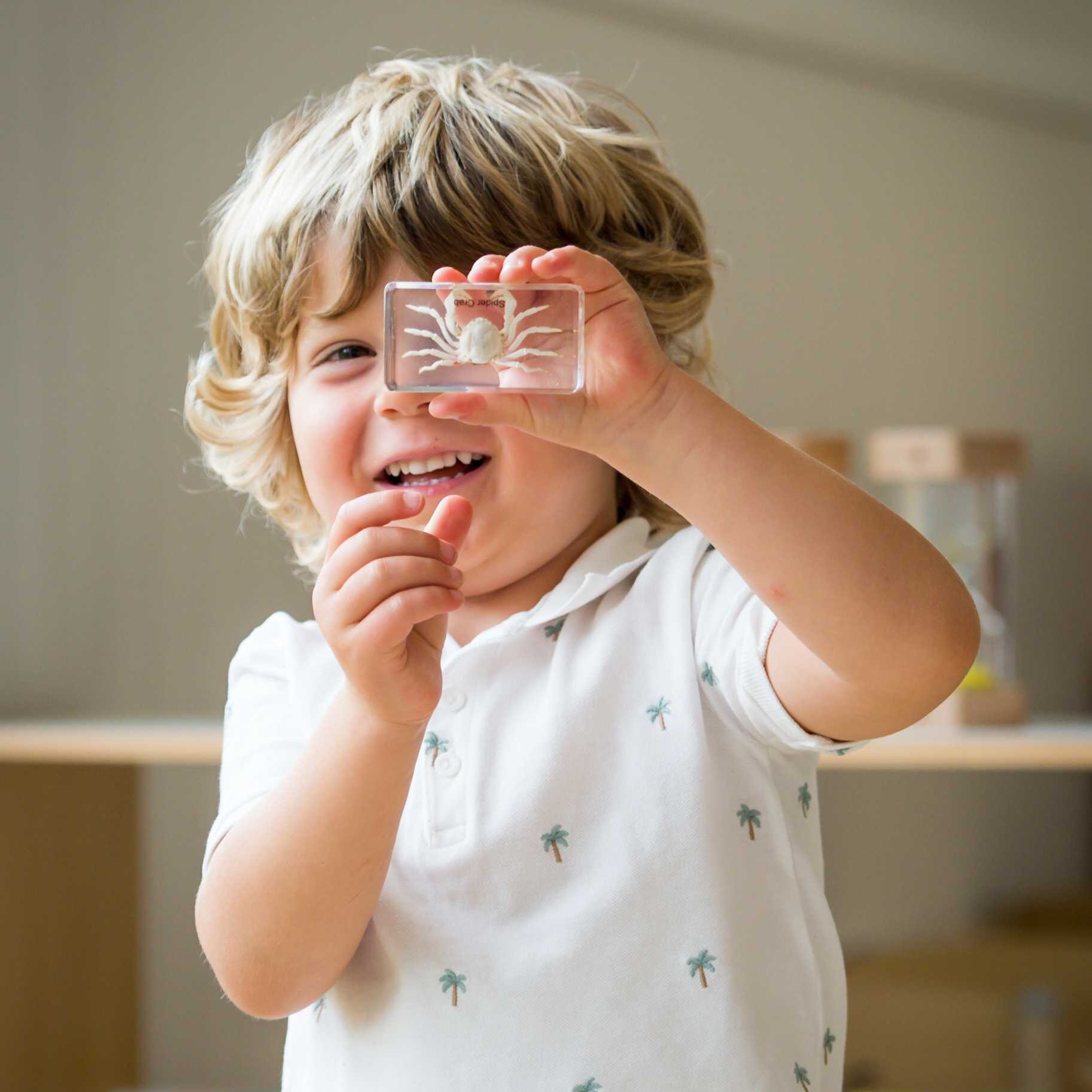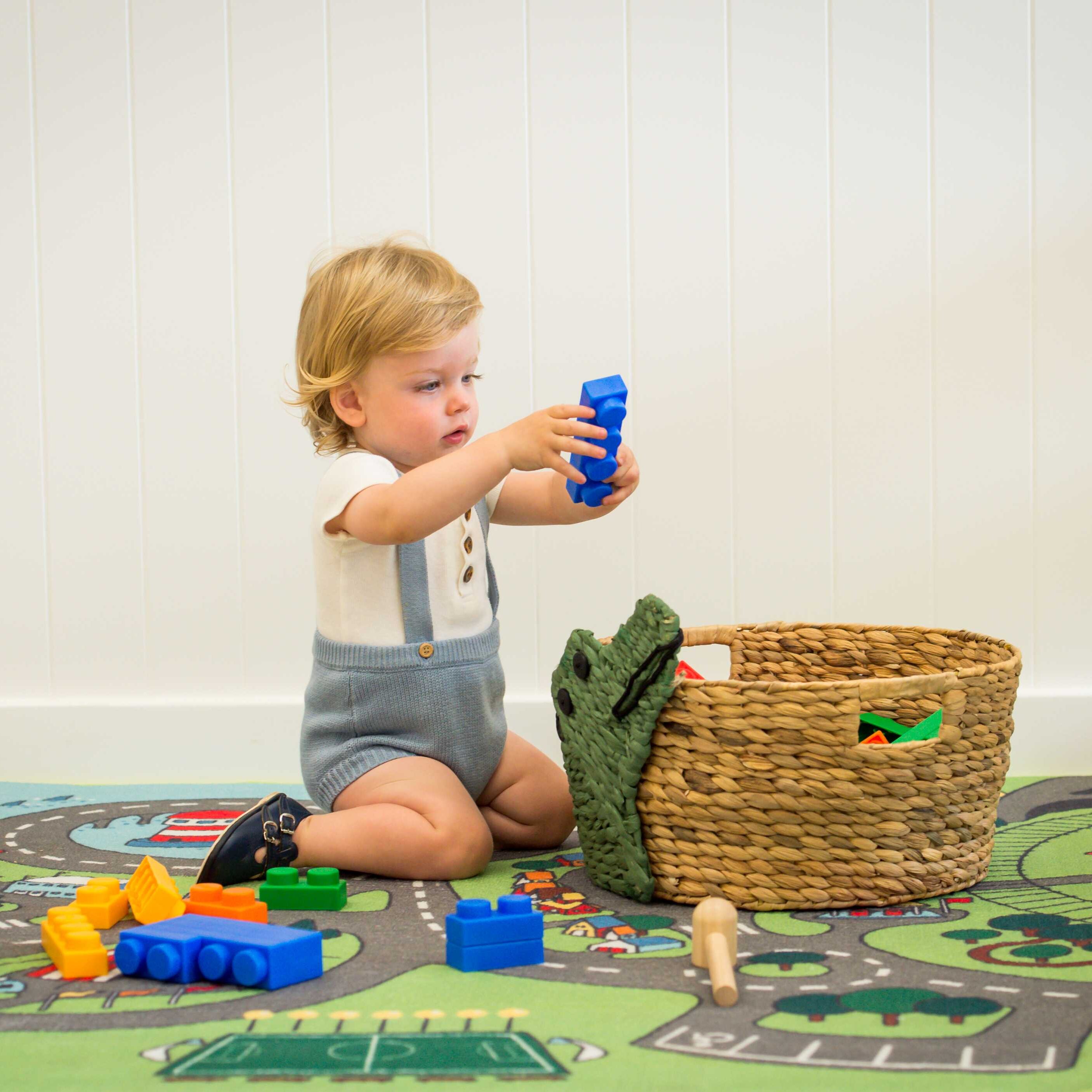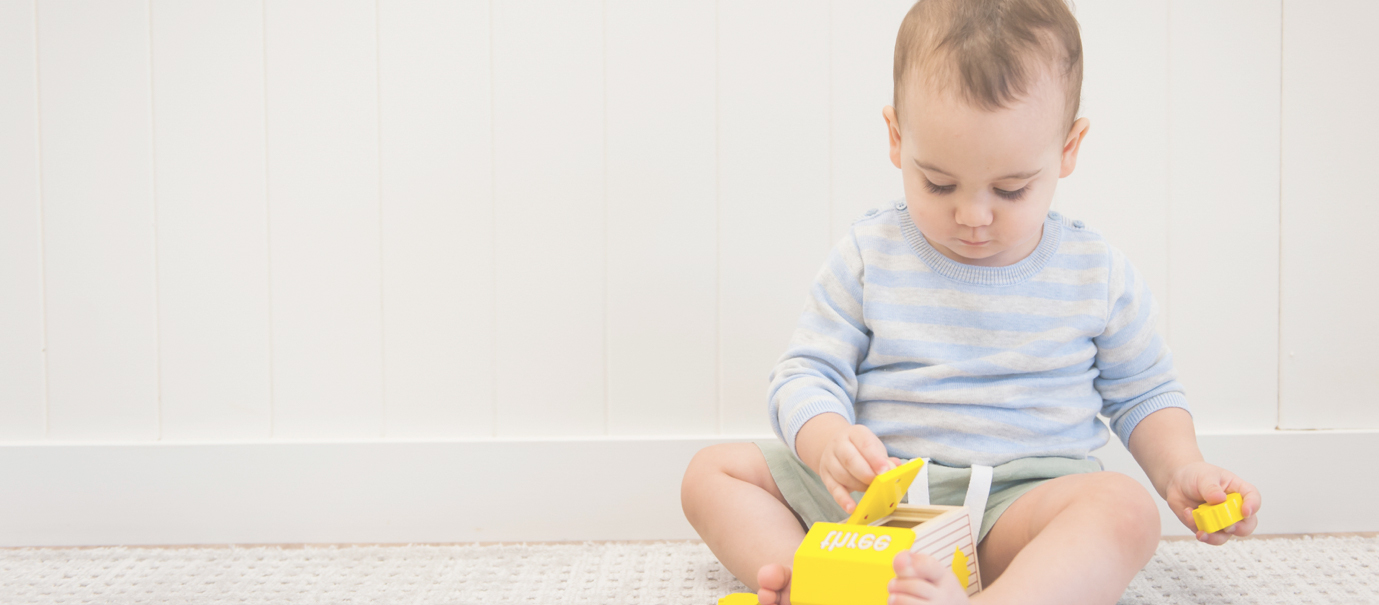
Developmental Milestones
Developmental milestones are a set of functional skills or age-specific tasks that most children can do at a certain age range. All children are unique and develop at their own pace however the developmental milestones reflect the average age a child may master a skill.
The Developmental Milestones are linked to the Early Years Learning Framework (EYLF) and the National Quality Standards (NQS).
Developmental Milestones encourage educators to use this reference as a source of information. Educators have an understanding of developmental milestones which support them to effectively assess children’s play and learning. Intentional teaching, planning and evaluation is also based on sound professional knowledge.
Developmental milestones include: Physical, Social, Emotional, Cognitive and Language Development
EYLF Learning Outcomes
The five Learning Outcomes are designed to capture the integrated and complex learning and development of all children across the birth to five age range:
Broad and observable outcomes
They acknowledge that children learn in a variety of ways and vary in their capabilities and pace of learning. Over time children engage with increasingly complex ideas and learning experiences, which are transferable to other situations. Learning in relation to the outcomes is influenced by:
Learning is not always predictable and linear.
Children’s learning is ongoing and each child will progress towards the outcomes in different and equally meaningful ways. Educators plan with each child and the outcomes in mind.
The following Learning Outcomes demonstrate how the three elements of the Framework: Principles, Practices and Outcomes combine to guide curriculum decision-making and assessment to promote children’s learning.
Key components of learning in each outcome are expanded to provide examples of evidence that educators may observe in children as they learn. Examples of practice to promote children’s learning are also included.


